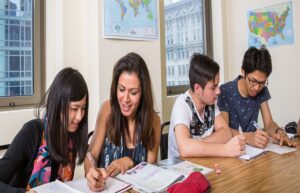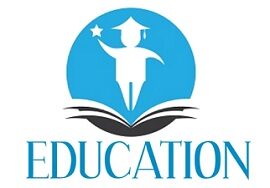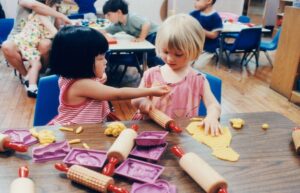
Acquisition of a foreign language: a study of the process of learning english in a language school
The study on the acquisition of a foreign language is a complex subject and can be considered under multiple aspects, our aim is to encourage the reader to reflect on certain theoretical approaches and at the same time reflect on the reality experienced by a language school, whose teaching units are located in the East and South areas of the city of Natal, capital of the State of Rio Grande do Norte.
For this, we will identify, through research instruments, the factors that can stimulate high performance in the acquisition of the English language and discuss the practice of teaching, analyzing the theories that underlie the theme.
Thus, we use the thinking of authors such as Chomsky (1986a), who claim to have a theory of language acquisition called Universal Grammar. Its main characteristic is that each person supposedly has this so-called grammar in his mind from birth. This universal grammar is a device in people’s minds needed to acquire language, called the Language Acquisiton Device (LAD). According to this author, this grammar is identical in the mind of each person.
We know that the aforementioned school is a franchise of a language school, so in this there is no escape, low class attendance or repetition because it is a high investment financially, and the students tend to seek high performance, to be able to satisfactorily develop the skills and competencies that the study of another language requires.
Therefore, we have decided to investigate the situation in order to obtain possible feedback for the following questions:
We learn that the above questions characterize the general points of our research on the acquisition of foreign languages, since it is a fact that the English language has spread and become an international language, we have decided to emphasize that the Learning at least one foreign language can only bring benefits to those who acquire or study it.
DEVELOPMENT
From the 1970s, foreign language studies were inserted into the field of applied linguistics. Since then, studies on the teaching and learning of languages in Brazil began to change direction, first encouraging the study of texts in order to be able to begin to produce narratives and descriptions according to the needs of the students.
According to Castro (1998), certain theories have been developed regarding foreign language acquisition. The author takes a look at the research published so far, and points out that some theories that study language acquisition consider the first language as a materialized object, from the first language as a study for the second, as recommended
It would not be an exaggeration to say that the mother tongue is often considered – in some theories of language acquisition and, especially in studies of second language acquisition – as an object whose reality seems certain and precise. Almost always exclusively defined on the axis of a chronology, it is recognized there as the first language. Castro (1998, p. 135)
This research is theoretical-empirical in nature, based on bibliographies and data collected in the field. It presents some statistical data, but it is a quantitative/qualitative research, as it describes, in as much detail as possible, the English language learning process of language students in the city of Natal-RN.
The general objective of the research is:
Current research is limited to language schools, as we emphasize once again that the objective of this work is to study the skills developed in students in the process of teaching the learning of English. We choose language schools for the success attributed to them. We couldn’t get foreign language speakers in the regular school. Therefore, the corpora raised in this study does not necessarily represent the learning of English in normal schools. It is noted that the learning of this language in the courses obtains significant results in terms of income and performance of the students.


